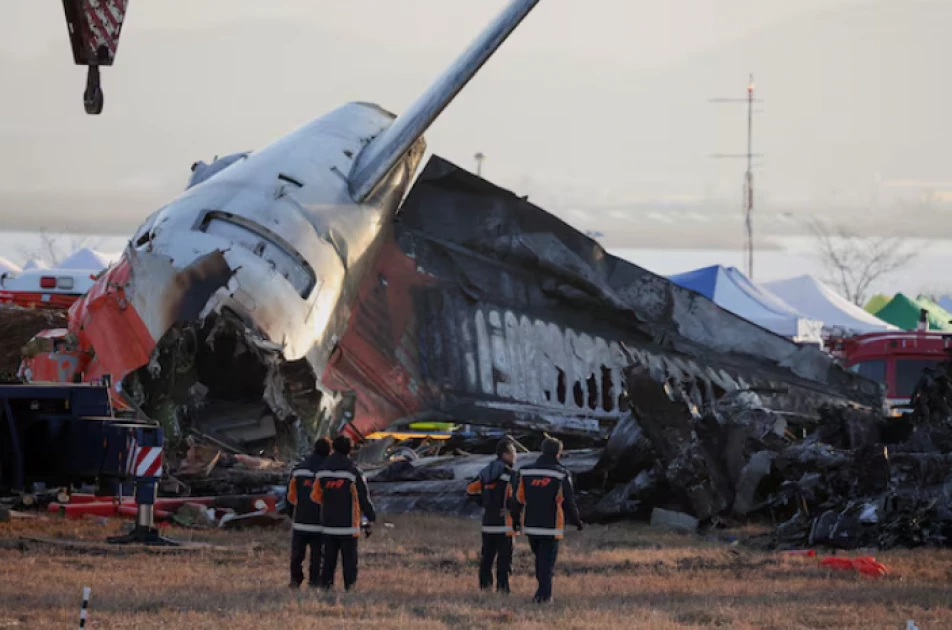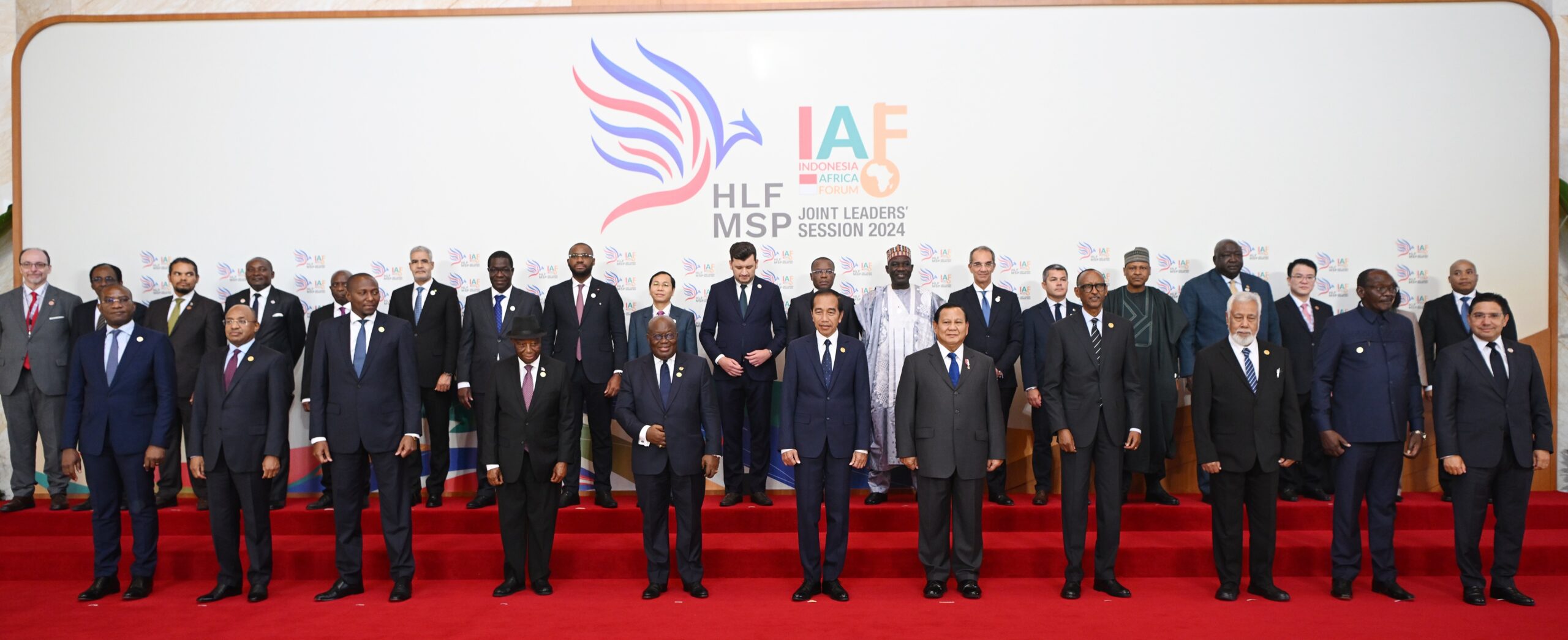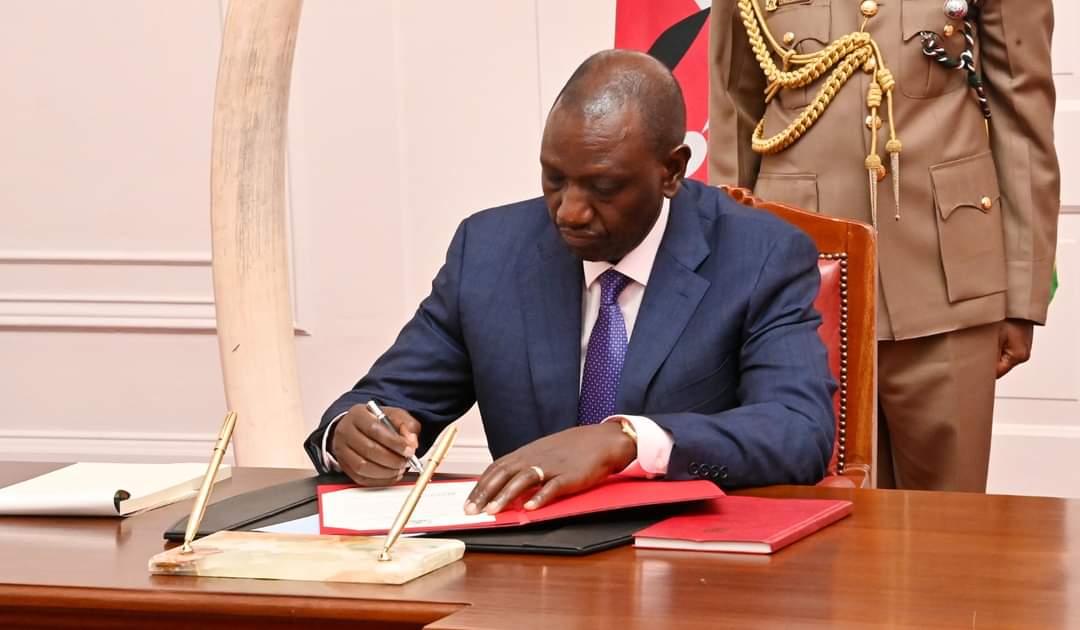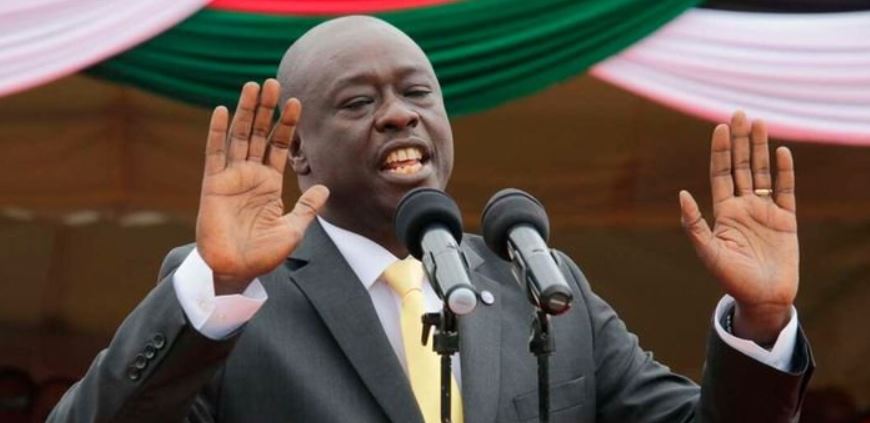The South Korean government has announced an extension of the closure of Muan International Airport until January 14, 2025, as investigations into the tragic Jeju Air crash on December 29 continue. The accident claimed the lives of 179 passengers and is now considered the deadliest aviation disaster in South Korea’s history.


Progress in Investigations
A joint investigative team, comprising South Korean authorities and international experts, is intensifying efforts to determine the cause of the crash. Key developments include:
- Flight Data Recorders Sent to the U.S.
- Two South Korean investigators are en route to the United States to analyze the flight data recorders (FDRs) in collaboration with the U.S. National Transportation Safety Board (NTSB). These “black boxes,” which include the cockpit voice recorder (CVR) and flight data recorder, are crucial for reconstructing the sequence of events leading to the crash.
- Transcript Analysis
- A complete transcript from the cockpit voice recorder was compiled over the weekend. It remains unclear whether authorities will publicly disclose the details.
- Engine Inspections
- Investigators have recovered both of the aircraft’s engines, with representatives from engine manufacturer General Electric (GE) assisting in the analysis.
- Expanded Aircraft Checks
- The South Korean Ministry of Transport has extended its inspections of all Boeing 737-800 aircraft operated by Jeju Air and five other local airlines until January 10. This includes reviewing their maintenance records and operational safety protocols.
Implications of the Extended Closure
The decision to prolong the shutdown of Muan International Airport has significant logistical and economic repercussions:
- Flight Disruptions: Airlines serving the region are scrambling to reroute passengers and cargo to alternative airports.
- Economic Impact: Muan Airport, a key transport hub in South Korea, plays a vital role in connecting domestic and international travelers. The extended closure could affect tourism and trade, particularly in the Jeollanam-do province.
International Collaboration
The crash has drawn attention to the importance of global partnerships in aviation safety. The involvement of the NTSB and GE underscores the need for advanced technical expertise and rigorous oversight.
Boeing 737-800 Under Scrutiny
This incident has reignited concerns about the safety of the Boeing 737-800, a popular model among airlines worldwide. While the aircraft has a strong safety record, the ongoing investigation could influence future regulatory policies and operational standards.
Looking Ahead
As the investigation progresses, the aviation industry, both in South Korea and globally, is watching closely. Findings from the crash could have far-reaching implications for safety protocols, aircraft maintenance, and pilot training.
For the families of the victims, the extended airport closure is a small price to pay for ensuring a thorough investigation that may prevent future tragedies.


































































































































































































































































































































































































































































































































































































































